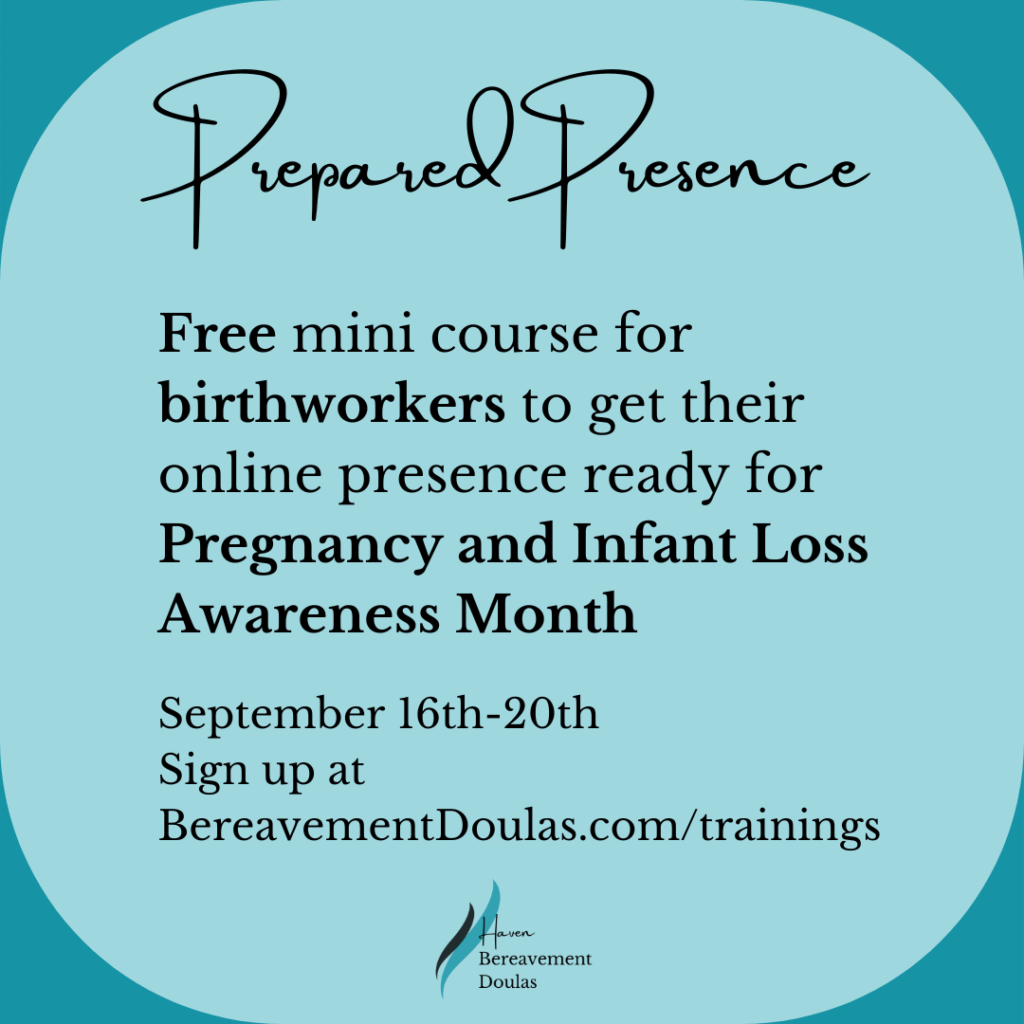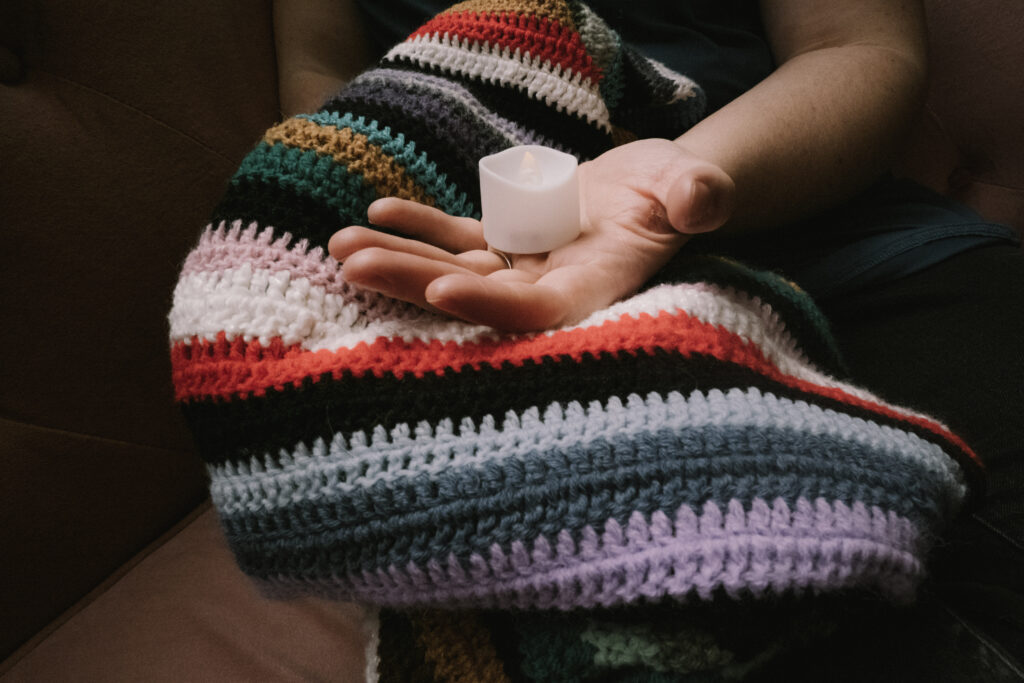Doulas and other support people may find themselves in situations where a baby is rushed off to surgery immediately or shortly after birth. How can we support families in this situation? Here are five suggestions for you.
1. Find out how long the surgery is. Sometimes, surgeries are short enough that the flurry of birth recovery and getting the family to the baby’s recovery room is all you actually have time for. Sometimes, it’s many hours of waiting.
2. Get a picture of the baby if possible before they go into surgery. You can ask nurses and other staff members to help with this if possible. Especially when there’s an urgent need for a surgery, a full photoshoot isn’t going to be possible, but even if a nurse can sneak a quick photo on your phone as the baby is rushed to the OR, or if you can get a photo as baby is being born, the family will be able to look at and memorize details of their little one.
3. Ask (ideally ahead of time) if the parents can bring a stuffy or a blanket to send with the baby into surgery, if they can’t attend the surgery.
4. Ask (ideally ahead of time) if the parents can send a playlist into surgery, or even just a single song. Invite the parents to listen to the same playlist or song while they are waiting for news.
5. Have activities for the parents ready to go in case there’s a long wait. Some possibilities:
- Visit the hospital chapel or speak with a hospital chaplain to pray or meditate.
- Eat. (This is especially difficult but especially important considering that one of the parents just gave birth, and there’s likely a long and stressful day ahead.)
- Shower or change clothes. Sometimes this reset is the most practical but helpful use of time.
- Share the news of the baby’s birth with supportive loved ones who understand the uncertainty of the situation.
- Play Tetris. Did you know that studies indicate that playing Tetris after a stressful event can lessen symptoms of post-traumatic stress disorder? (Learn more here https://www.nature.com/articles/mp201723 and here https://bmcdigitalhealth.biomedcentral.com/articles/10.1186/s44247-024-00086-9 and here https://doi.org/10.1016/j.brat.2017.03.018)
- Talk with providers. Take the opportunity to ask any questions you might have about the birth and about next steps depending on the surgery’s outcome.
- (requires advance planning:) Have parents read themselves or each other letters they’ve written in preparation for this moment.
Thank you for being present to families in these difficult situations! We appreciate your attentiveness and care for those you serve.




